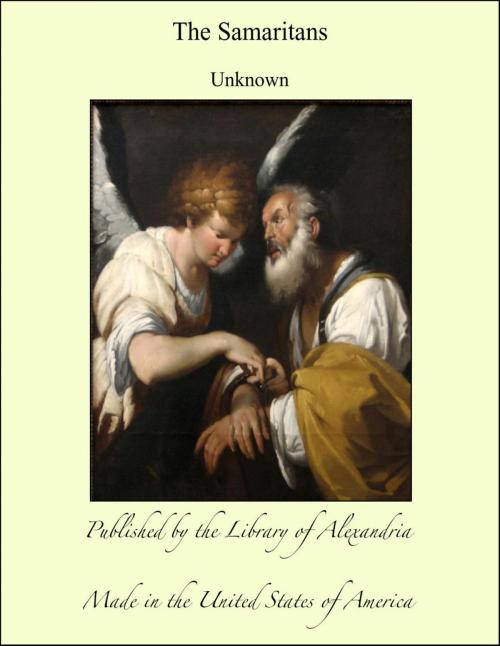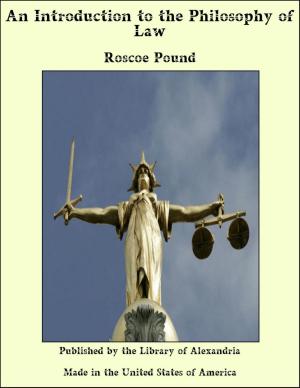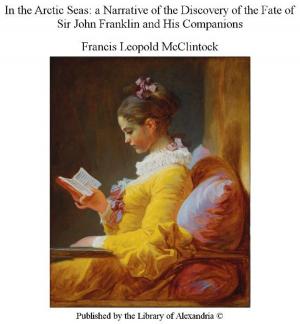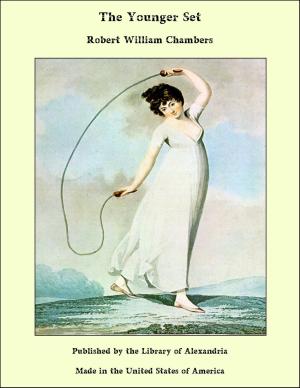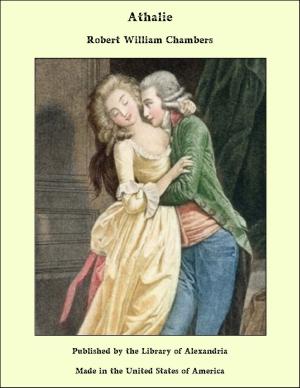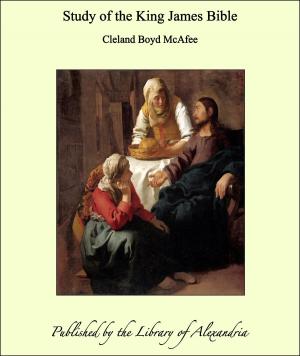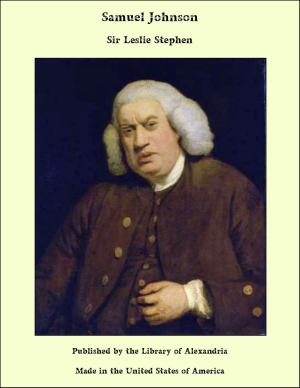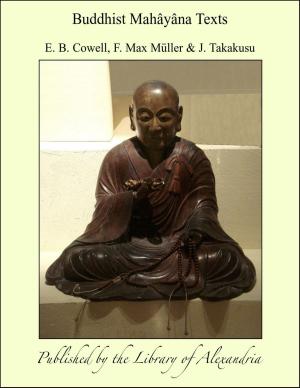| Author: | Unknown | ISBN: | 9781465580627 |
| Publisher: | Library of Alexandria | Publication: | March 8, 2015 |
| Imprint: | Language: | English |
| Author: | Unknown |
| ISBN: | 9781465580627 |
| Publisher: | Library of Alexandria |
| Publication: | March 8, 2015 |
| Imprint: | |
| Language: | English |
The Samaritan Book of Joshua was first brought to the notice of European scholars by the eminent Orientalist, Joseph J. Scaliger, who obtained a manuscript of it from the Samaritans of Cairo, in the year 1584. This MS. was deposited by him in the library of the University of Leyden, and for a long period remained the only copy of the work in Europe; in fact, it is only within the last half of the present century that other MSS. have been obtained; one of these is now in the possession of the British Museum, and another is said to be in the library of trinity College, Cambridge. To the celebrated Swiss theologian and scholar, Johann Heinrich Hottinger, is due the credit of making the contents of this work fully known to scholars; this he did in his Exercitationes Anti-Moriniance de Pentateucho Samaritano, published in 1644, wherein he gave a condensed Latin translation, or rather epitome, of the whole chronicle: he likewise treated of it in other of his writings, especially in his Smegma Orient, (1657), which contains a fair resume' of its contents. Hottinger's works remained the principle source from which scholars drew their information of the character and contents of this chronicle of the Samaritans, until in the year 1848, T.W.J. Juynboll edited the Arabic text of the Leyden MS. with a complete Latin translation to which were added elaborate dissertations and copious critical notes. This translation of Juynboll's at once superseded all that had preceded it, and has ever since remained the standard.
The Samaritan Book of Joshua was first brought to the notice of European scholars by the eminent Orientalist, Joseph J. Scaliger, who obtained a manuscript of it from the Samaritans of Cairo, in the year 1584. This MS. was deposited by him in the library of the University of Leyden, and for a long period remained the only copy of the work in Europe; in fact, it is only within the last half of the present century that other MSS. have been obtained; one of these is now in the possession of the British Museum, and another is said to be in the library of trinity College, Cambridge. To the celebrated Swiss theologian and scholar, Johann Heinrich Hottinger, is due the credit of making the contents of this work fully known to scholars; this he did in his Exercitationes Anti-Moriniance de Pentateucho Samaritano, published in 1644, wherein he gave a condensed Latin translation, or rather epitome, of the whole chronicle: he likewise treated of it in other of his writings, especially in his Smegma Orient, (1657), which contains a fair resume' of its contents. Hottinger's works remained the principle source from which scholars drew their information of the character and contents of this chronicle of the Samaritans, until in the year 1848, T.W.J. Juynboll edited the Arabic text of the Leyden MS. with a complete Latin translation to which were added elaborate dissertations and copious critical notes. This translation of Juynboll's at once superseded all that had preceded it, and has ever since remained the standard.
